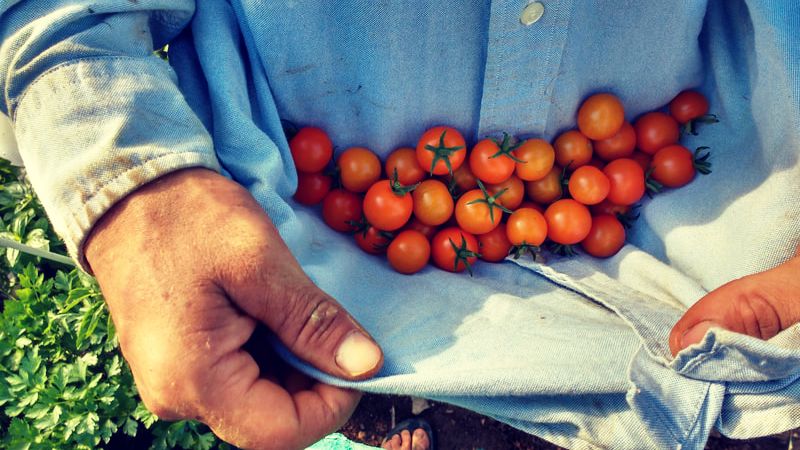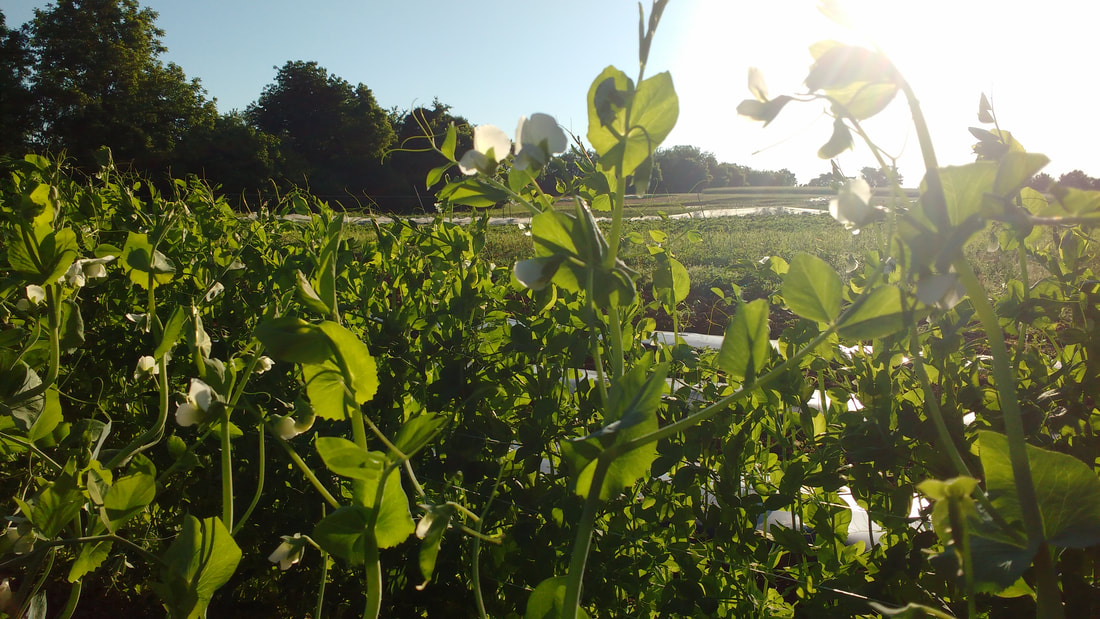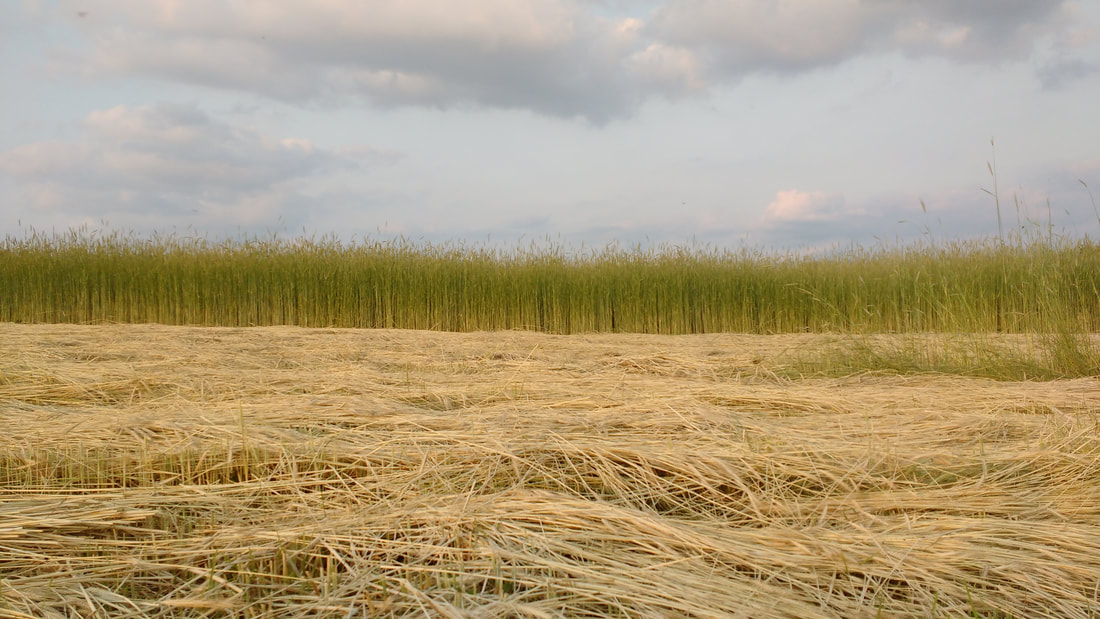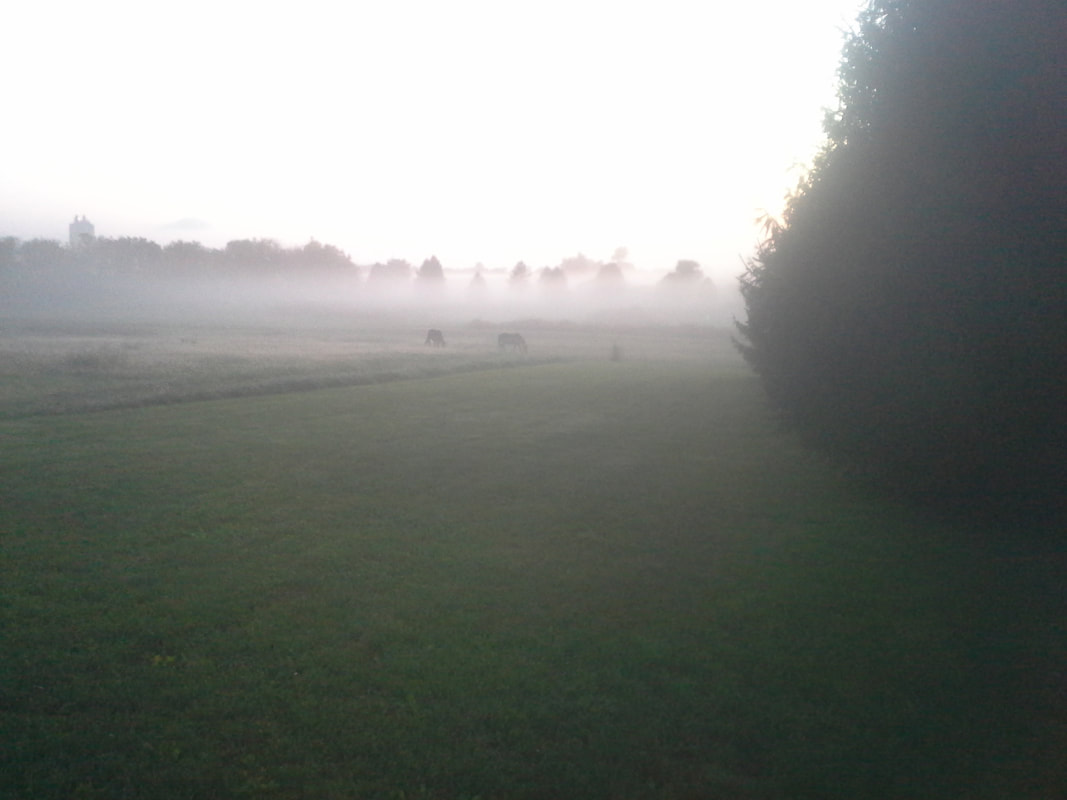|
We fully acknowledge that the top of your shopping list this time of year might not include local June strawberries, July zucchini, August tomatoes, or September salads. But, we're here to invite you to put a 2019 CSA share to the top of your list. Give yourself and your family the gift of gathering around a table of healthy meals all growing season long. Why now? We're gearing up, planning fields, buying seeds, and hiring employees for the 2019 season. Your commitment now gives us the confidence and peace of mind as we plan and prepare to grow food for you and your families for 24 weeks next Spring, Summer, and Fall. Your commitment now offers us the gift of partnership in this endeavor of growing & eating food. Your commitment now enables us to focus more of our energy on being the best farmers that we can be, to provide your tables with the healthiest, freshest, and most eye-catching, mouth-watering array of food & flowers, grown right here in your community. The end of the growing season gifts us time to pause and reflect, perhaps 2 of the most important fertilizers for our farm. After a deep sigh of relief and prayer of thanks that we made it through, the past weeks have found us inventorying seeds, catching up on book-keeping, laying out the crop plan for 2019, stocking the farm stand (stop by!), putting the finishing touches on the high tunnel (see below), sleeping in (a little), socializing (with all the friends we abandoned from March-October), and gathering with other Pennsylvania farmers to reflect on what many are calling the 'growing season from hell'. In short: Winter provides just enough rest and recuperation to get ready to do it all again, hopefully with slightly less infrastructure projects, life changes, and rain. It is true that farmers love to complain about the weather: too hot, too dry, too wet, too cold, late Spring, snow in April, early frost. We've got a pretty good reason to though: our livelihoods depend on it. Last week we gathered with over 50 farmers, many from the Lehigh Valley, mostly vegetable growers, mostly organic or sustainable in methodology. Every year, this one-day advanced-grower winter workshop leaves me feeling like I belong to a crew of superheroes: we walk around all day in dirty, ripped Carhart's and button-down shirts we found in the thrift store bargain bin three years ago, but secretly (okay, maybe not so secretly) we have the super-power of being able to make carrots out of dirt (with the help of microbes, photosynthesis, & mystery), produce strawberries that just appear out of thin air (over the course of 9 months), and, most importantly, keep a sense of purpose and stay resilient even when dairy prices are declining, 6 inches of rain fall in a 24-hour period, or we wake up again to water falling from the sky during the wettest year on record. This year was not an easy one to farm through, but, as one farmer reminded us, we don't learn from our successes, we learn from our failures. Or, as another farmer put it, all you can do is walk in the sun, with your head held high. In this week's “Lancaster Farming” periodical, a paper devoted to farming news from across the state, the article “Conservation Taking Back Seat to Survival” caught my eye. The article explained how the current crisis in milk prices has left the remaining dairy farmers needing to focus on their finances just to keep their operation running, rather than invest in environmental upgrades toward conservation programs to prevent nutrient run-off and erosion. Aside from reflecting on the devastation of the dairy industry, my instinctual response was to feel a sense of blessing to run a farm where conservation and survival go hand-in-hand. As organically-minded farmers, conservation practices are not separate from marketing strategies. Our community supports the work we do because of our commitment to practices healthy for the environment, the community, the ecosystems around us, and the health and well-being of the families who we feed.
When you eat food from Good Work Farm, you are helping to keep a working farm in your neighborhood, and you are helping to keep farmers in your community whose efforts go toward caring for their soil, creating pollinator habitat, and sequestering carbon through cover cropping. Aside from just healthy food, we provide value to this community, but we do not do so alone. Good Work Farm would not be here without our CSA members committing to be a part of these efforts in conservation and stewardship. For this, we thank you. And we hope you'll do it again in 2019, so we can too. *If our CSA share is out of your budget, please contact us to set-up a payment plan which meets your economic needs. Your Farmers, Lisa & Anton
2 Comments
3/28/2019 05:31:52 am
Good Work Farm has always had this credibility in terms of the fruit and vegetables they sell on public. What’s admiring about them is their commitment to always come up with the best possible products which people deserve. They are committed to people and not for any monetary purposes that’s why I have nothing but pure admiration towards them! Farming is never an easy task, and I commend these farmers who have been dealing with a moody weather all the time! Your efforts are all recognized!
Reply
10/17/2021 01:13:05 am
"... as one farmer reminded us, we don't learn from our successes, we learn from our failures." --- Couldn't agree more. And also, success is more fruitful because of the experiences that we had, both the good and the bad, along the journey going to our goal. Hats off to the commitment you give to your community and, not just to the farmers, but to the people surrounding you as well. Thanks for sharing!
Reply
Leave a Reply. |
Archives
December 2019
FarmersAnton M. Shannon Categories
All
|





 RSS Feed
RSS Feed